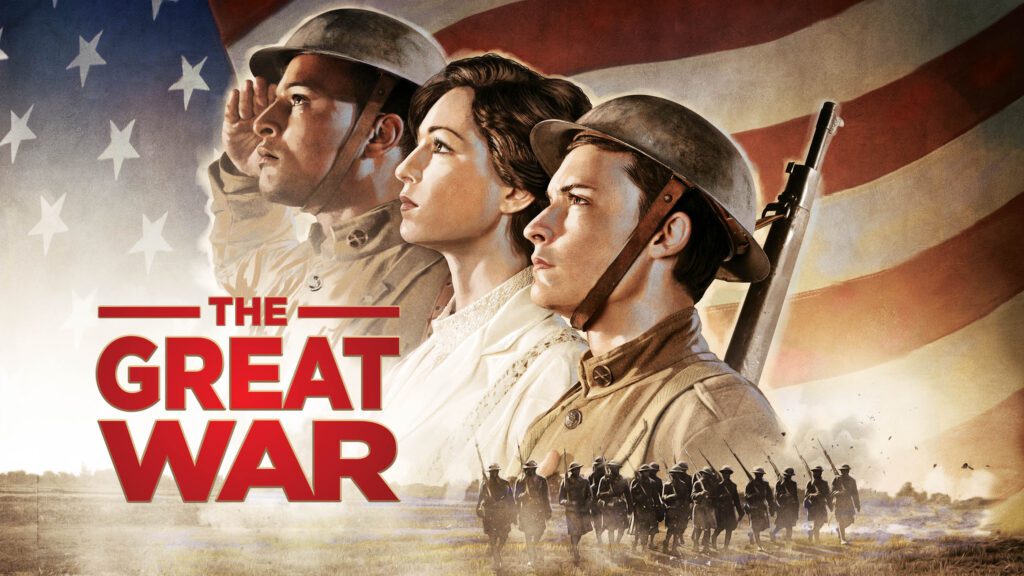For centuries, literature has been a powerful tool for individuals to gain insight into the experiences of others. When it comes to understanding the military experience, fiction plays a crucial role in providing a glimpse into the lives of those who serve in the armed forces. Through storytelling, authors can create complex and multi-dimensional characters that humanize soldiers, going beyond stereotypes and cliches. Fiction allows for exploration of the multifaceted nature of war, challenging stereotypes and misconceptions about the military. By inspiring dialogue and reflection, military fiction can help bridge the gap between civilians and the military, fostering greater understanding and empathy for those who serve.
The Role of Fiction in Understanding the Military Experience
For centuries, literature has served as a powerful tool for individuals to gain insight into the experiences of others. When it comes to understanding the military experience, fiction plays a crucial role in providing a glimpse into the lives of those who serve in the armed forces. Through the storytelling prowess of authors, readers can gain a deeper understanding of the challenges, sacrifices, and triumphs that come with a life in the military.
Humanizing the Soldier
One of the key functions of fiction in understanding the military experience is its ability to humanize the soldier. By creating complex and multi-dimensional characters, authors can go beyond the stereotypes and cliches often associated with the military. Through their stories, readers can see the individual struggles, fears, and hopes of the men and women who serve their country.
Whether it’s a novel about a soldier grappling with PTSD, a memoir detailing a soldier’s experiences on the battlefield, or a short story exploring the bonds forged between comrades, fiction can offer a window into the emotional and psychological realities of military life. Through these narratives, readers can develop a greater sense of empathy and understanding for those who have served in the armed forces.
Exploring the Complexity of War
War is a multifaceted and complex phenomenon, and fiction allows authors to delve into the various aspects of military conflict. From the political decisions that lead to war to the ethical dilemmas faced by soldiers on the front lines, fiction can provide a nuanced portrayal of the realities of combat.
Through novels, short stories, and plays, authors can explore the impact of war on individuals, families, and societies. They can examine the moral ambiguity of conflict, the effects of trauma on soldiers, and the challenges of reintegration into civilian life. By shedding light on these issues, fiction can help readers grapple with the complexities of war and its aftermath.
Challenging Stereotypes and Misconceptions
One of the strengths of fiction is its ability to challenge stereotypes and misconceptions about the military. By offering diverse and authentic portrayals of soldiers and military life, authors can dispel myths and shed light on the true diversity of experiences within the armed forces.
Through their stories, authors can showcase the contributions of women, LGBTQ individuals, and people of color in the military. They can highlight the experiences of veterans with disabilities or mental health issues, and explore the challenges faced by military families. By presenting a more inclusive and nuanced picture of the military experience, fiction can help break down barriers and foster greater understanding and empathy.
Inspiring Dialogue and Reflection
Finally, fiction plays a crucial role in inspiring dialogue and reflection on the military experience. By presenting stories that provoke thought and emotion, authors can encourage readers to engage with complex issues and consider different perspectives.
Whether it’s through book clubs, classroom discussions, or public readings, fiction can spark conversations about war, sacrifice, and the price of freedom. It can prompt readers to reflect on their own beliefs and values, and to consider the impact of military service on individuals and society as a whole. By fostering these discussions, fiction can help bridge the gap between civilians and the military, and promote greater understanding and empathy for those who serve.
Conclusion
In conclusion, fiction plays a vital role in helping readers understand the military experience. Through its ability to humanize soldiers, explore the complexity of war, challenge stereotypes, and inspire dialogue, fiction offers a powerful means of connecting readers with the realities of military life. By reading and engaging with military fiction, individuals can gain a deeper appreciation for the sacrifices and challenges faced by those who serve in the armed forces, and develop a greater sense of empathy and understanding for their experiences.
